Court Marriage Office in Karachi, Pakistan and Court Marriage Fees
Court Marriage in Karachi-Pakistan & Court Marriage Fees in Karachi: Our Court Marriage Law Offices 1) B-74, Block 14, Johar Hill Road, Gulistan-e-Jauhar, Karachi & 2) M-52, Mezzanine Floor, Muneer Mobile Mall, Block 17, Near Perfume Chowk, Gulistan-e-Jauhar, Karachi, Pakistan.
Court Marriage Fees/cost: We are offering a discounted fee for the court marriage process which includes Nikah Khawan’s fee, Nikah Registration Fee, Court Stamp Paper, Affidavit/declaration of Free Will composing, Notary Fee and a nominal legal professional fee of our lawyer, who manage all the court marriage process.
Court Marriage vs Traditional Marriage in Pakistan
There are several differences between court marriage and traditional marriage in Pakistan. One of the main differences is that court marriage does not require the approval or permission of the Wali/parents of the bride and groom. It is a legal contract between two individuals. Another difference is that court marriage is much more affordable and convenient than traditional marriage.
Advantages of Court Marriage in Karachi, Pakistan
There are several advantages of court marriage in Karachi and other cities of Pakistan. Firstly, it is a quick and efficient process that does not require a lot of time or money. Secondly, it is a simple and non-discriminatory option for couples who may come from different religious or cultural backgrounds. Finally, court marriage provides legal protection for both parties and their children (if any).
Challenges of Court Marriage in Karachi
Despite its advantages, court marriage in Karachi and other parts of Pakistan also faces some challenges. One of the main challenges is societal pressure and stigma, as some people view court marriage as a violation of traditional values. Another challenge is the lack of awareness and understanding of the legal process, which can lead to confusion and delays.
Legal Rights and Obligations of Couples in Court Marriage
Couples who get married in court have certain legal rights and obligations. For example, they are entitled to inherit from each other and to make medical decisions on behalf of each other. They are also obligated to support each other financially and to provide for their children. In addition, they must abide by the terms of the marriage contract, which may include provisions for divorce and property division.
Conclusion
In conclusion, court marriage is a legal and viable option for couples in Pakistan who wish to get married without the involvement of religious or cultural customs.
Benefits of Court Marriage in Pakistan
Court marriage in Pakistan has several benefits for couples who choose this route. One of the main benefits is that it allows for a legally recognized marriage that is not bound by religious or cultural customs. This can be particularly beneficial for couples who come from different backgrounds or who prefer a more secular approach to marriage.
Another benefit of court marriage is that it can be more affordable and convenient than traditional marriage. Religious and cultural customs can often involve significant expenses, such as dowries or extravagant wedding ceremonies. In contrast, court marriage involves minimal expenses, such as legal fees and document processing fees.
Court marriage also provides legal protection for both parties and their children. The marriage contract includes provisions for divorce, property division, and child custody, which can provide a sense of security for couples. It also ensures that children born from the marriage are legally recognized and entitled to inherit from their parents.
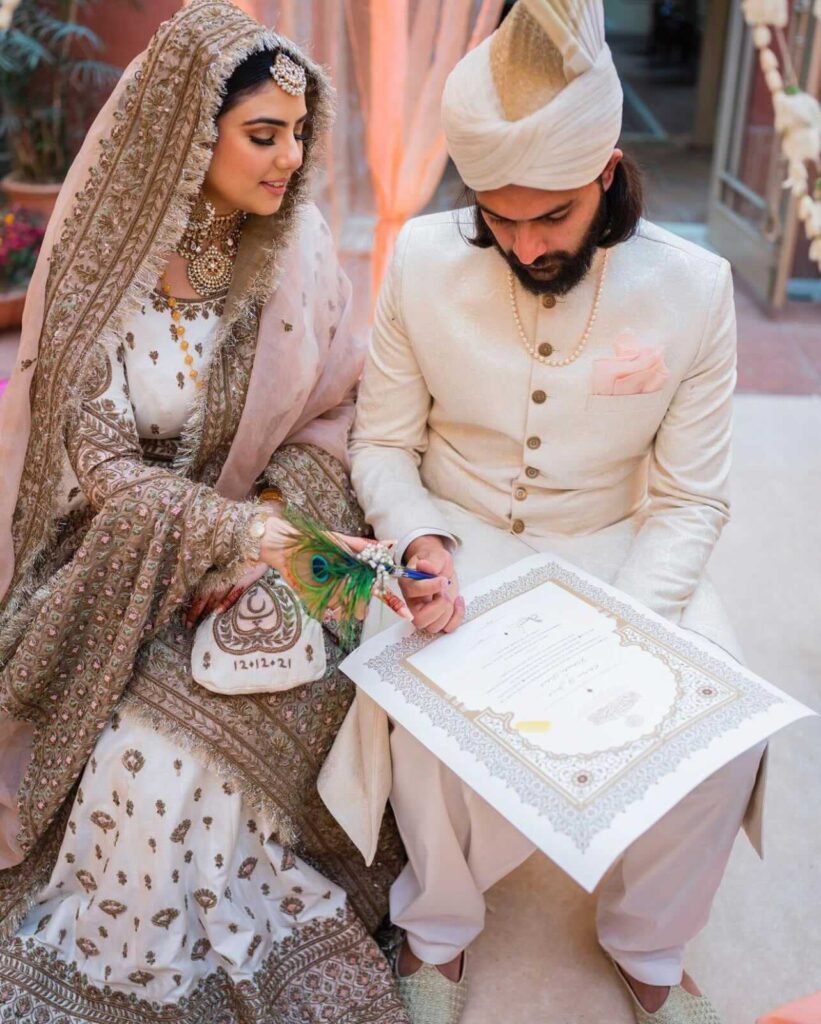
Legal Process of Court Marriage in Pakistan
The legal process of court marriage in Pakistan involves several steps. Firstly, both parties must provide proof of identity, such as their national identity cards or passports. They must also provide proof of their legal age and mental soundness. Once these documents are submitted, the court will set a date for the marriage ceremony.
On the day of the ceremony, both parties and two witnesses must appear before a magistrate or judge in the court. The magistrate will ask both parties if they freely consent to the marriage and if they have any objections. Once the magistrate is satisfied, he or she will declare them legally married and issue a marriage certificate.
Social Stigma Surrounding Court Marriage in Pakistan
Despite its benefits, court marriage in Pakistan still faces social stigma and resistance from some quarters. Traditional customs and religious practices often hold sway in Pakistani society, and some view court marriage as a violation of these customs. This can create challenges for couples who choose this route, such as family pressure and social ostracism.
To overcome these challenges, couples who choose court marriage may need to educate their families and communities about the benefits of this option. They may also need to seek legal advice and protection to ensure their rights are respected.
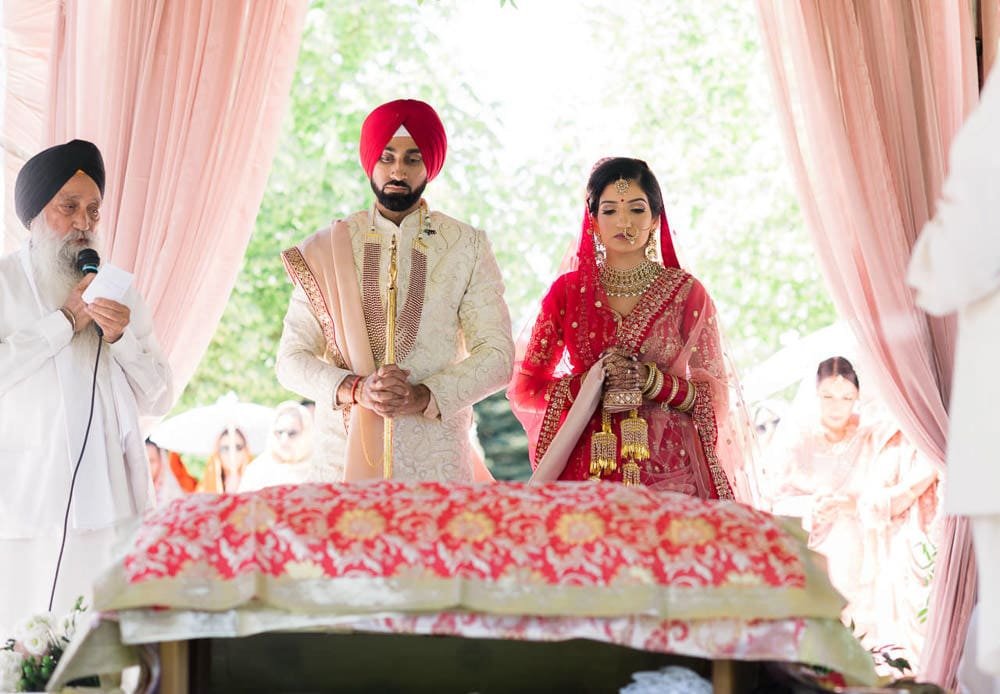
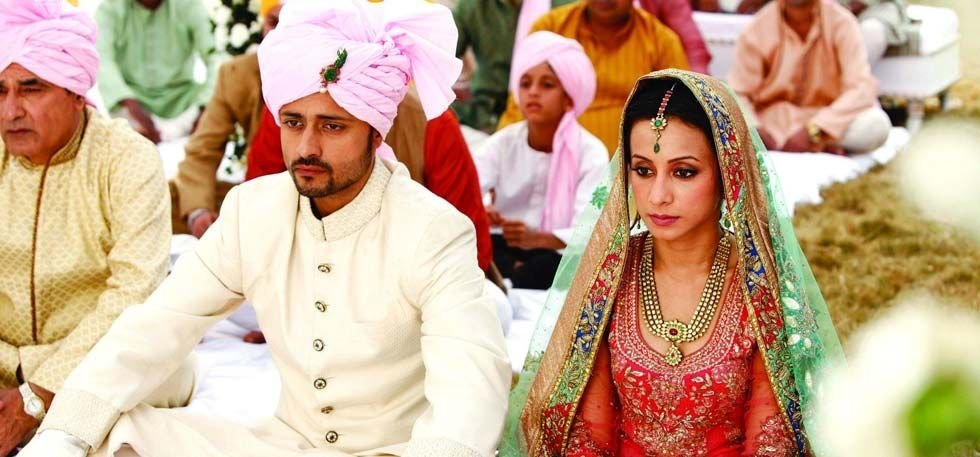
Legal Rights and Obligations of Couples in Court Marriage
Couples who get married in court in Pakistan have certain legal rights and obligations. For example, they are entitled to inherit from each other and to make medical decisions on behalf of each other. They are also obligated to support each other financially and to provide for their children. In addition, they must abide by the terms of the marriage contract, which may include provisions for divorce and property division.
Court Marriage and Divorce in Pakistan
Divorce is a legal process that is available to couples who get married in court in Pakistan. The process is governed by the Family Courts Act of 1964 and requires one party to file a petition for divorce with the family court. Grounds for divorce include irreconcilable differences, mutual consent, and desertion.
Once the petition is filed, the court will hear evidence from both parties and make a decision on the division of property, child custody, and other issues. It is important for couples to seek legal advice and representation during this process to ensure their rights are protected.
Role of Lawyers in Court Marriage in Pakistan
Lawyers can play an important role in court marriage in Pakistan. They can provide legal advice and guidance on the legal process, as well as represent clients in court. They can also help draft the marriage contract and ensure that it includes provisions for divorce, property division, and other important issues.
In addition, lawyers can assist couples in obtaining legal protection and In addition, lawyers can assist couples in obtaining legal protection and resolving any disputes that may arise during the marriage. They can also help couples navigate the legal requirements for obtaining a marriage certificate, which can be especially helpful for those who are unfamiliar with the process.
Challenges Faced by Women in Court Marriage in Pakistan
Women in Pakistan face unique challenges when it comes to court marriage. One of the main challenges is that they may be subjected to pressure or coercion from their families to marry according to traditional customs. This can create a conflict between their desire for a court marriage and the expectations of their families.
In addition, women may face discrimination and unequal treatment in court during divorce proceedings. They may also face difficulties in enforcing their legal rights, such as the right to property or custody of their children. To address these challenges, women may need to seek legal assistance and support from organizations that advocate for women’s rights.
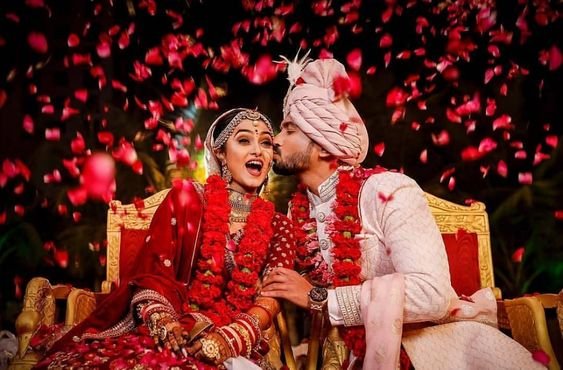
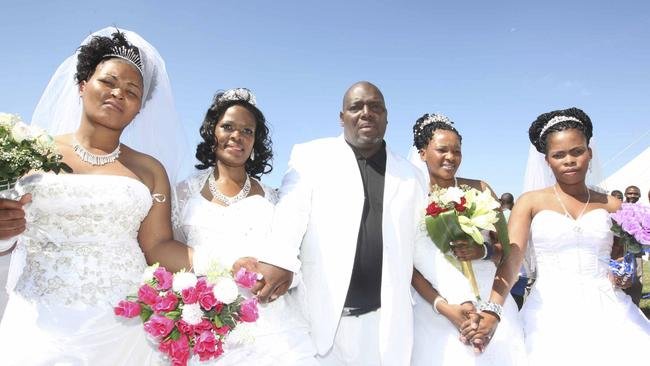
Registration of Court Marriage in Pakistan
After the court marriage ceremony, the marriage must be registered with the relevant authorities in Pakistan. This is typically done by submitting the marriage certificate to the local union council. Once the marriage is registered, it is legally recognized by the state and provides legal protection for both parties and their children.
Court Marriage and International Marriages in Pakistan
Court marriage in Pakistan can also be an option for couples who come from different countries and wish to get married in Pakistan. However, it is important for such couples to be aware of the legal requirements for court marriage in Pakistan and to obtain the necessary visas and permits to enter the country.
In addition, international couples may need to obtain additional documents, such as a “no objection certificate” from their embassy or consulate in Pakistan. They may also need to consult with a lawyer to ensure that their marriage is legally recognized in both Pakistan and their home country.
Conclusion
Court marriage in Pakistan is a legal and viable option for couples who wish to get married without the involvement of religious or cultural customs. While it can face social stigma and challenges, court marriage provides legal protection for both parties and their children. Couples need to be aware of the legal process and requirements for court marriage in Pakistan, as well as their legal rights and obligations. Seeking legal advice and support can also help navigate the legal system and resolve any disputes that may arise during the marriage.
